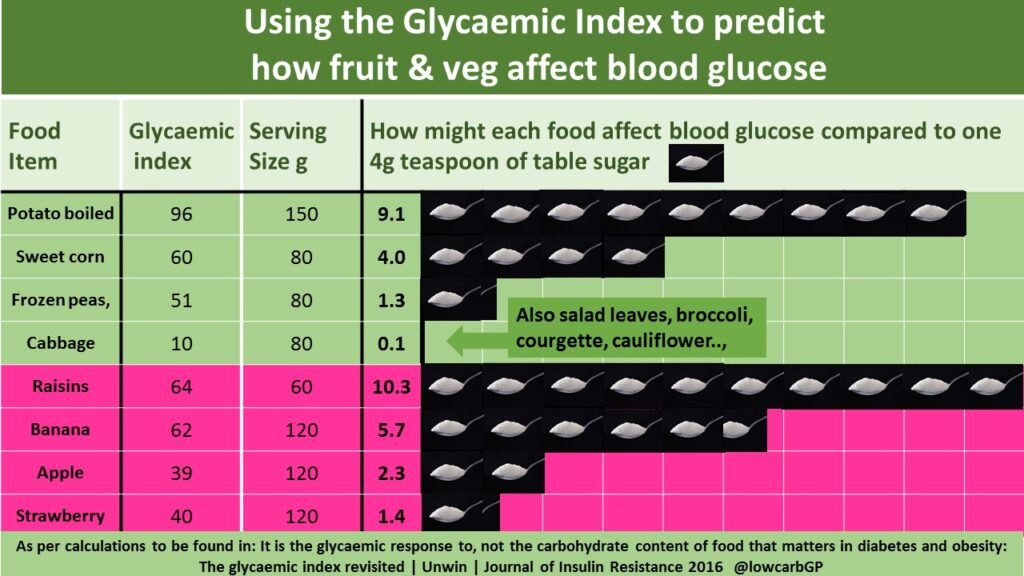While a low-carbohydrate ketogenic diet has been increasingly recognized as an effective way to lose weight, and while weight loss may be the initial motivation for many to embrace it, the health benefits are much broader and deeper than just weight loss.
As David Harper, Ph.D. says in the video below, keto benefits beyond weight loss include:
- Lower blood triglycerides and higher HDL cholesterol
- Reversing insulin resistance, making blood sugar and insulin more stable
- Less systemic inflammation and pain, and
- Improved energy, stamina and flexibility.
He also highlights several diseases for which strong evidence exists showing that a ketogenic diet is beneficial, as well as others for which the evidence is emerging.

The money quote…
I actually think that all of these chronic diseases…are all the same thing…. I think in the next 10 years you’re going to see a lot of medical research looking at the mitochondria…and that’s where we’re going to find the root cause of chronic disease.
Dr. Harper also presented an interesting graphic that illustrates how a high-carbohydrate diet drives insulin resistance, inflammation and obesity and resulting chronic disease.

Finally, he shares information about a study in which he is involved that is using a ketogenic diet in addition to customary therapies in women with breast cancer, and shows PET scans of these patients who have seen reduction in tumor size and extent.
Dr. Harper is the author of a book called BioDiet: The Scientifically Proven, Ketogenic Way to Lose Weight and Improve Health, which I ordered based on this presentation (as well as favorable reviews from two of my Health Sherpas, Nina Teicholz and Maria Emmerich) and expect to receive today.
Well worth your time to watch:
I retired in August from leading Mayo Clinic’s social media program to start a new venture with my wife Lisa and a family physician friend I’ve known since high school.
He has been interested in metabolic syndrome for more than 20 years, and with nearly nine of ten of Americans having at least one marker of metabolic ill health, he sees this as the major health challenge we face as a society.
Our mission is to help people take control of their own health through lifestyle changes. A low-carbohydrate diet as Dr. Harper describes is one key element.
I was motivated to launch this venture by our health journey from the last few years. Lisa and I have each lost more than 50 lbs. and maintained that weight loss for 18 months (so far).
For the last 10 months or so we’ve been coaching others in making similar changes, and they’ve experienced great results too.
We also have medical lab test results that show significant health improvements, and we feel better than we have in 20 years. It was really rewarding to see people we were coaching turning back the clock on their health, and I found myself saying, “I’d like to do this full-time.”
As it turns out, I can.
That’s why I say my August retirement was really instead the beginning of a third career. I worked at Mayo Clinic for 21 years in health care media relations and social media, after 14 years in politics and government.
I hope my third career will be longer and have more impact than either of the first two.
We’re currently in the Alpha phase of development, as we plan to offer educational resources, online community support and individual and group coaching.
If you’re interested in being one of our Alpha members who will help us shape and refine the services, send me an email and I’ll be in touch to give you a preview.




